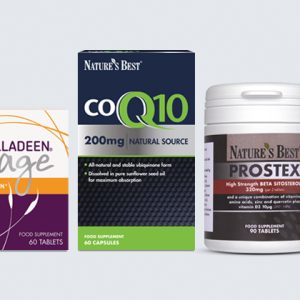Weaning is the process of accustoming an infant to foods other than breastmilk (or formula milk).
While this is an exciting journey, it can sometimes leave a new parent confused and anxious. It is indeed an emotional phase for both mother and baby, but with the right approach you can make it a hassle-free one.
The question I frequently get asked ; When is the right time to start weaning my baby? Or how do I know if my baby is ready to wean?
Here are some clues;
– The baby can stay in sitting position with his head held steady at least for a few seconds
– Enough hand-eye coordination for the baby to look at food, pick it up and put it in his mouth
– The baby has lost the tongue-thrust reflex, allowing him or her to swallow food instead of spitting out.
Usually babies attain these skills when they are around 6 months old.
So once you have decided that your baby is ready for weaning , how shall you start weaning?
We have compiled some top tips to consider when you wean your baby.
First foods
Start with foods that are easily digestible such as mashed rice mixed with your breastmilk or formula milk. Move on to tastier offerings gradually such as pureed apple, pear, carrot, sweet potato and broccoli. Avoiding salt and sugar on baby’s early foods will help them to develop a better relationship with their food and they could influence eating habits of the child when growing up.
When serving finger foods avoid giving hard and small pieces of fruits and vegetables, also avoid whole grapes and nuts to reduce the risk of choking.
Babies should not be given honey before the age of one year, as it may contain the food poisoning bacteria botulism which can make them extremely ill.
Take things slow
Introduce solid food slowly into your baby’s diet, start with one serving per day. Get your timing right by choosing a time when both of you are relaxed. Meal during mid-day is ideal since the baby could be too hungry in the morning and too tired at night.
One new taste at a time
Offer one new taste every couple of days. Don’t settle into a routine, introduce new foods and start mixing different foods together developing baby’s taste buds.
Changes in stool
Once you have started to wean, a baby’s stool will be different in both looks and smell. As feeding develops, the baby’s stool will get firmer, darker in colour and more stinky. However, if they’re very firm and solid and if your baby is having difficulty defecating, it could be constipated. Make sure the baby is taking plenty of fluids through water and milk. Should the problem prolong, consult a healthcare professional.
High allergenic foods
Foods such as milk, eggs and peanut butter can be introduced at six months of age. However, introduce them one at a time with a gap of 3 to 5 days between foods, making it easy to identify if your baby is allergic to any of them. Typical symptoms of food allergy are vomiting, diarrhea, swelling, rashes, hives, runny or blocked nose. If there is a severe allergy in the immediate family, it is better to avoid this food until you have discussed it with a healthcare professional.
Weaning techniques
Going Cold Turkey with breastfeeding is not recommended since this can cause engorgement, mastitis and also an emotional roller coaster. Below are the couple of most used techniques to wean a baby from breastfeeding, can also apply to formula feeds.
Don’t offer, Don’t refuse: This is the most recommended breastfeeding approach during weaning. Don’t offer to nurse but also do not refuse when the child desires to nurse. While this method could take longer than other methods in weaning, it takes the child’s need into consideration
Drop one feeding at a time: Choose a feeding that is least important and try to distract your child from that feed by engaging with a favorite activity or snack or begin to shorten the feed on that particular session. Keep other feeding sessions as normal and work on reducing one feeding session for 3 to 7 days depending on the progress.
Cuddle Time: Babies often nurse for comfort as much as nutrition. While you start to wean, make sure you are still having one to one cuddle time with a favourite book, song or snuggled in a rocking chair.
Proper weaning is when your baby is satisfied, finished and ready to move on. The process should move at a pace that works both for mother and the baby. Feel free to write to us your questions or concerns over weaning and do share with us your weaning stories too.
We wish you all the best in your weaning journey!










